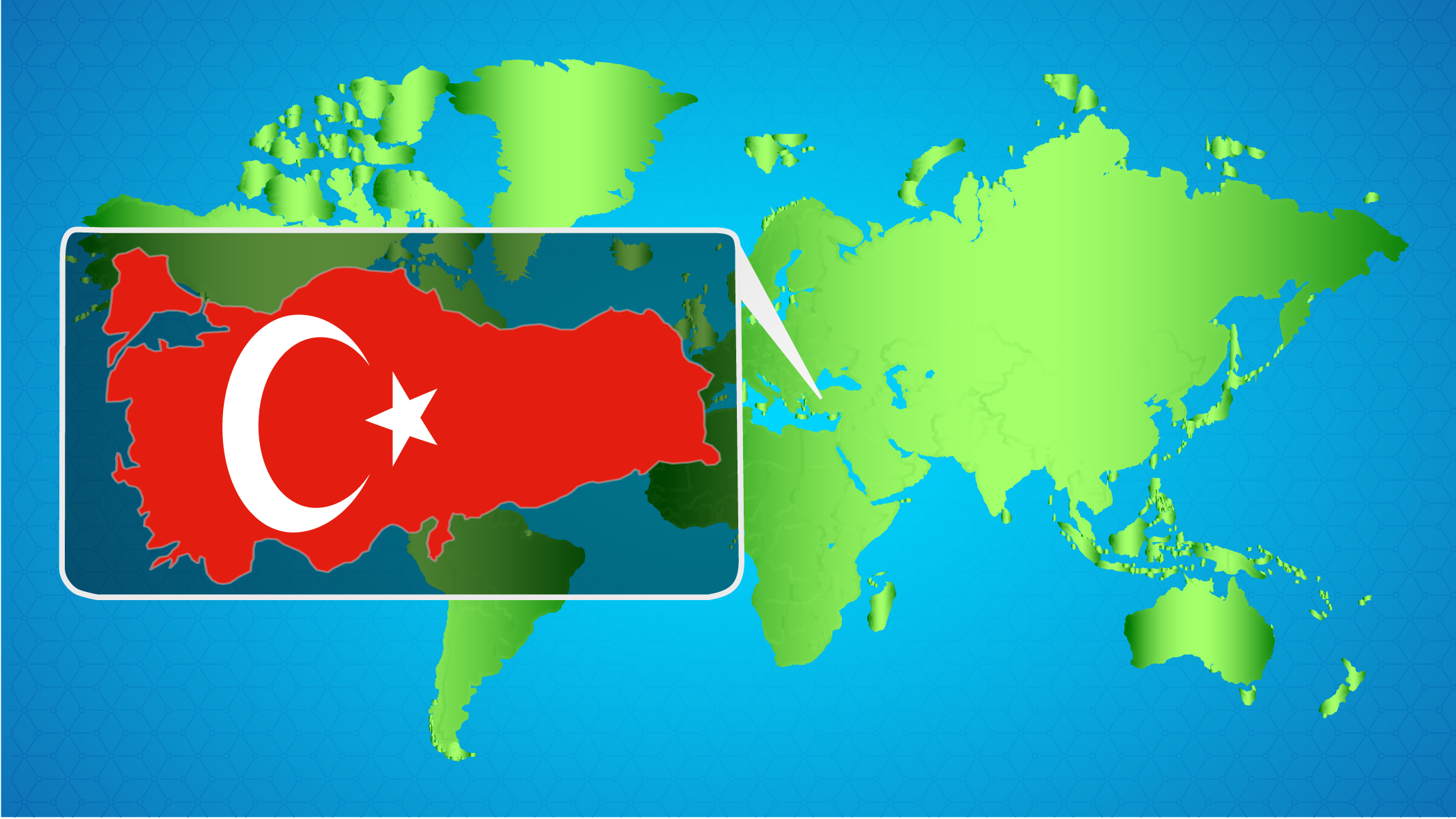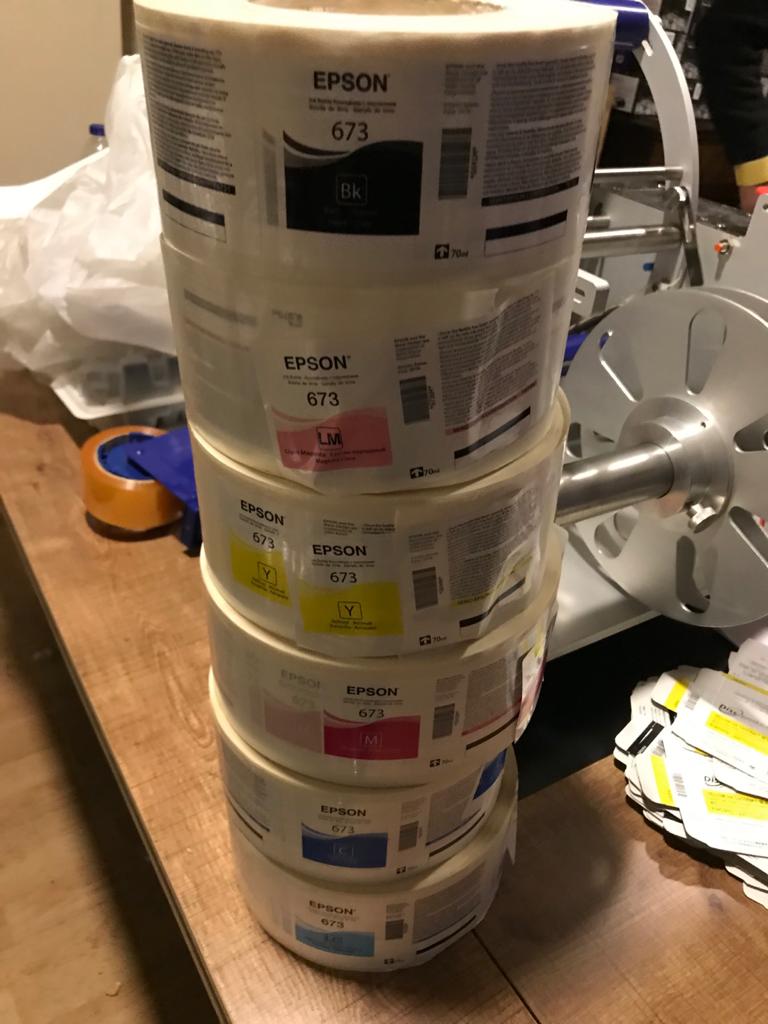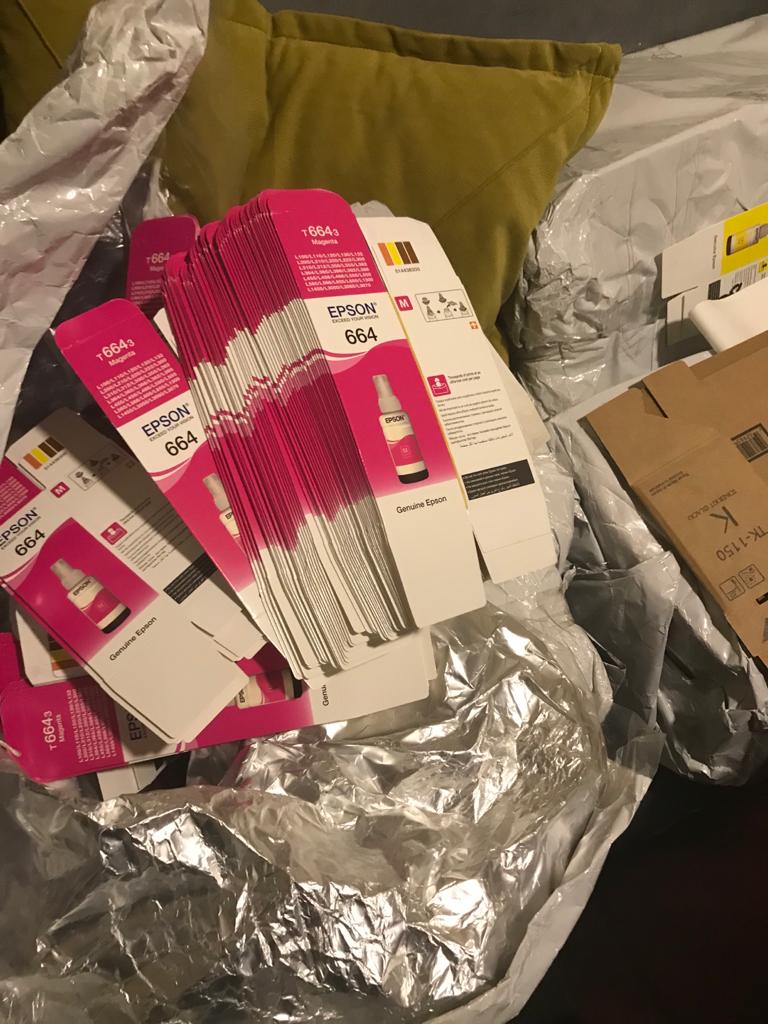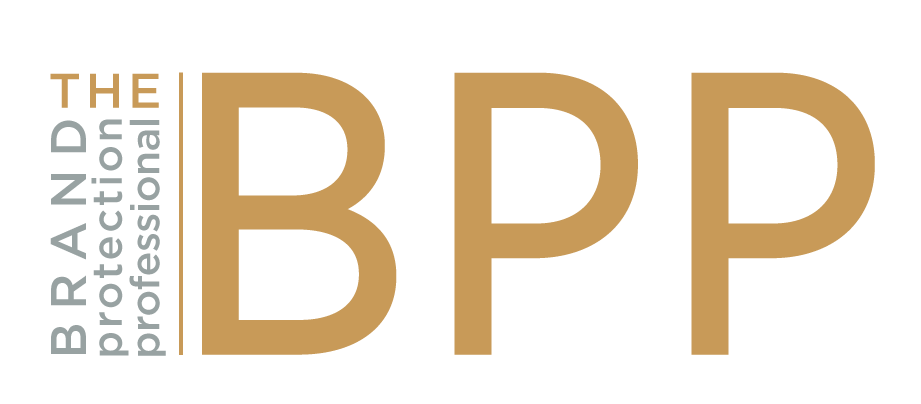
PROFESSIONAL POINTER
Keeping up with the counterfeiters: Case study on in-country production of counterfeits in Turkey
Nicola Consterdine
IP Protection Manager, Epson Europe BV
As I start writing this article on World IP Day, we’re amid an unprecedented era and adjusting to new ways of working from home. While we are all concerned about what the new normal will look like — when we can get back to work and when our children can return to school — within the Brand Protection World we continue to see unscrupulous counterfeiters who prey on vulnerable consumers with complete disregard for laws or consumer protection.
Historically, an integral part of any company’s brand protection strategy was registering trademarks with customs authorities and then following up with training and education. We all know that customs are best placed to tackle bulk consignments and for over two decades I have been promoting the importance of a public/private partnership with law enforcement officials (in particular customs authorities) and brand owners.
Customs continue to play a crucial role in the fight against counterfeits. However, counterfeiters have changed their approach. A large proportion of counterfeit goods still originate from China, but counterfeiters have caught on to ways to avoid detection. Why take the risk of shipping finished product from China when the product could be finished in-country? Why not ship packaging and parts separately in order to avoid detection by customs at the borders?
For Epson, this has been evident in Turkey. At the end of 2019 we responded to customer complaints about the quality of the ink used in our cartridge-free Ecotank printers. We very rapidly established that we were facing a counterfeit problem.

So how did we respond to this growing threat?
Epson aspires to be an indispensable company, trusted throughout the world for its commitment to openness, customer satisfaction and sustainability. We invest heavily into research and development — approximately $1.3 million every day — and a significant proportion of this goes towards consumables development to ensure the product delivers the premium results our customers expect. When customers see the Epson brand, they are assured the product meets the highest quality and safety standards in the industry. Counterfeits diminish consumer confidence in brands and are misleading for consumers who may be duped into paying premium prices for what they believe to be genuine product.
I am fortunate enough to be part of a proactive Intellectual Property (IP) team who work across the globe in collaboration with other printer manufacturers through trade associations such as the Imaging Consumable Coalition of Europe, Middle East and Africa (ICCE). Working together, intelligence and resources are collected and shared with relevant law enforcement authorities to identify and seize illicit products. According to the latest report from ICCE, the annual loss to the global economy as a result of counterfeit imaging-printing materials is $3 billion.
Due to the magnitude of the problem in Turkey, we knew we had to act fast. And as many of the customers who had been deceived into buying fake Epson supplies had purchased their products online, we turned to the internet and conducted an online search in order to understand the extent of the problem. We also enlisted the help of our local service providers in Turkey who, in collaboration with our brand protection team and local Epson sales office, identified the most prolific sellers of these bottles, and the trend in those being offered on the Turkish market.
The ink bottle itself was compatible and had been imported into Turkey unbranded. This was to avoid detection from customs. We believed the color shifting labels (Epson’s hologram) were being imported separately from Asia. Due to the capability and expertise in-market in Turkey, the packaging was created locally. Over the course of the past several years our service providers have identified hundreds of printing houses in Istanbul alone. We all know that trade routes for fake goods are very complex, and the sophistication of this set up was no exception. It was obvious that some very skilled and organized criminals were behind this activity.

Several weeks of open source investigation and test purchases identified the manufacturer at the top of the supply chain. With the assistance of the Turkish police we were able to conduct a joint raid with many of our competitors, netting thousands of counterfeit ready-for-sale ink bottles and large volumes of labels and packing materials bearing various printer manufacturers’ logos.
Follow up investigations have led us to understand the supply chain employed by these counterfeiters. Small frequent parcels were being shipped into Turkey, however there was no consistent pattern in terms of source country and express carriers being used. This was deliberate in order to avoid detection. While customs must remain an integral part of any brand protection strategy, it is imperative to understand the online market and work with local service providers that understand the local landscape and who can assist in gathering knowledge on bad players in the market.
In this particular case, there were a number of different locations involved in the assembly of the product. Local knowledge was key to understanding who was at the top of the supply chain. Furthermore, working closely with marketing teams is imperative in order to create demand for genuine product and send out a strong message to the counterfeiters that you will proactively enforce your trademarks at every opportunity. Taking your foot off the pedal could leave you vulnerable in the future.
Even in the thick of lockdown we are working hard to identify new targets and conduct test purchases where possible, so that we are ready to obtain search warrants and ultimately conduct further raids in Turkey once the courts are back open for business. The criminals will continue to exploit the situation, but we are ready and will continue to protect our customers and defend our brand.
THE BRAND PROTECTION PROFESSIONAL | JUNE 2020 | VOLUME 5 NUMBER 2
COPYRIGHT 2020 MICHIGAN STATE UNIVERSITY BOARD OF TRUSTEES
